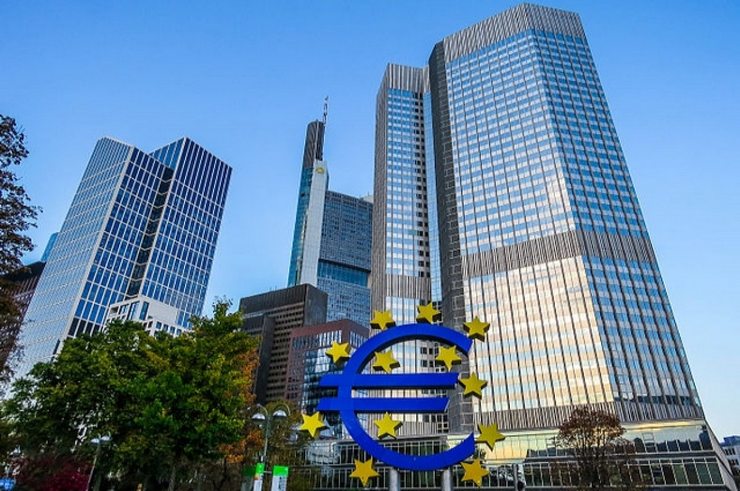The European Central Bank is unlikely to cut interest rates
 Dwain Ross
25 / August / 23
Visitors: 318
Dwain Ross
25 / August / 23
Visitors: 318
One of the most important factors contributing to lower inflation is the slowdown in energy price growth, which is largely due to successful EU policies. According to Eurostat, energy prices accounted for 25.7% of inflation in December, down from 34.9% in November and 41.5% in October. The political economist and MEP believes that falling inflation does not mean the ECB will stop raising interest rates.
“It is difficult to predict the level of interest rates, but I doubt that the BSE will stop raising interest rates. A rate hike is almost inevitable to achieve the 2 percent inflation target. Barring unforeseen circumstances, we can clearly foresee that interest rates will continue to rise steadily but slowly.”
Recall that the President of the European Central Bank, Christine Lagarde, announced in the European Parliament as early as autumn 2021 that interest rate hikes should not be expected, warning that a number of economic developments and high uncertainty in the global economy will lead to persistent inflation and that interest rate hikes are therefore inevitable.
However, as our interlocutor pointed out, it should first be understood that the current BSE forecast is based on the assumptions that the euro area recession will be very mild and short-lived, that there is no real threat to the banking sector, and that governments have mitigated the negative impact of rising inflation on households through fiscal policies such as taxes and social benefits. However, as the political economist points out, in some cases attempts by eurozone countries to reduce inflation have led to higher rather than lower inflation.” Governments have gone too far and this has led to inflation.
Lithuania has never had such a generous government. In this year's budget, about a fifth of the budget is spent on special support measures. Another problem is that some support measures are horizontal, i.e. the state subsidises everyone. This is necessary both for the state itself and for these people. At the moment, everyone in Lithuania is paying entirely too little for electricity and gas, even if they do not realise it. I find it hard to understand how, for example, a rich man whose 1500 square metre house is heated by gas can have his electricity bill, partly subsidised by the state, undervalued. I find this morally unacceptable.
Moreover, as the expert pointed out, the European Commission criticised Lithuania in a similar way when it assessed the support package for that country. The fact that credit rates, which were much lower before, are now rising means that the authorities are considering various ways of stimulating the sale of mortgaged housing.
For example, the Polish government is considering fixing the interest rate on first home loans. It sounds like a good idea, but our interlocutors don't think that following Warsaw's example is the best solution for Lithuania.” The situation in Poland is fundamentally different, as the country is not part of the eurozone. Core inflation in Poland (excluding volatile food and energy prices) is around 10-11%, twice as high as in the eurozone. Interest costs for a first mortgage loan in Poland (and Hungary) are currently about twice as high as in Lithuania and many other eurozone countries.
In addition, the expert noted that some banks in Poland are considering offering their customers long-term fixed-rate loans, such as five-year loans. Some banks have stopped offering variable-rate loans, which means that even those who want to take out long-term loans can only do so at record interest rates.







